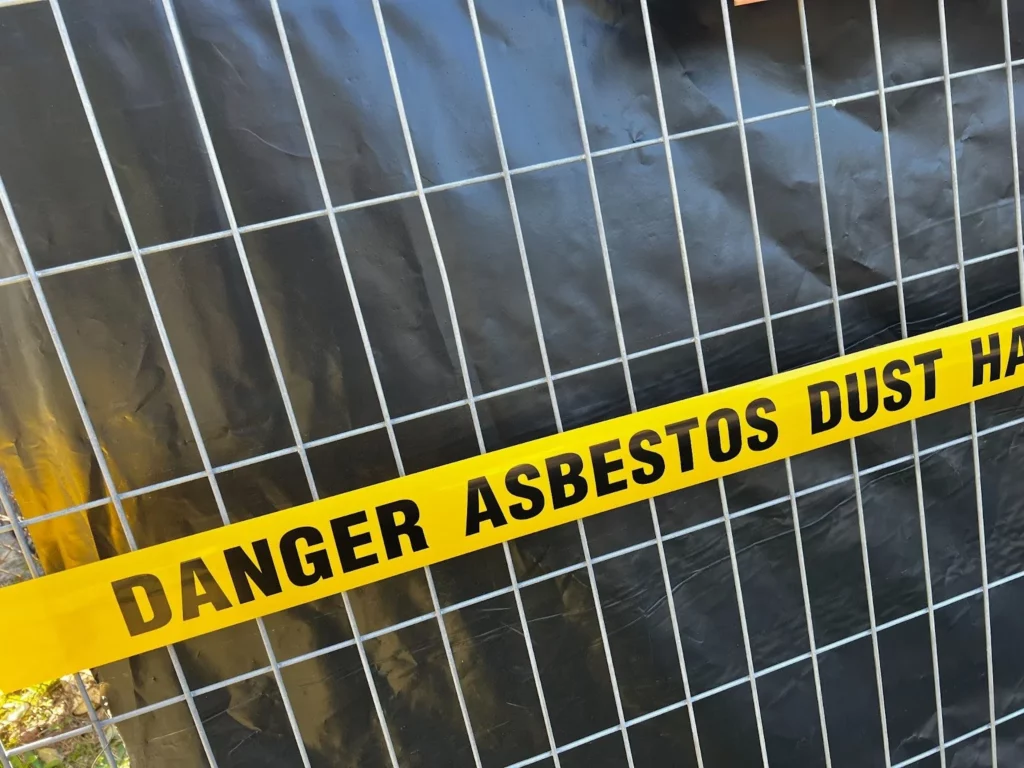As a property manager in Australia, ensuring the safety of tenants and workers is paramount. One crucial aspect of this responsibility is managing the risks associated with asbestos. Testing for asbestos is a critical step in this process, with significant implications for property managers across the country.
Why is testing for asbestos important?
Asbestos poses serious health risks when its fibres become airborne. In Australia, asbestos was banned in 2003, but many buildings constructed before this date may still contain the material. Property managers must be vigilant, as disturbing asbestos-containing materials during renovations or maintenance can lead to dangerous exposure.
Legal obligations for property managers
Under Australian Work Health and Safety (WHS) regulations, property managers have a duty of care to identify asbestos in their managed properties. This includes:
- Maintaining an asbestos register for buildings constructed before 31 December 2003 which contain identified ACMs
- Implementing an asbestos management plan
- Ensuring that any asbestos-related work is carried out by licensed professionals
Failure to comply with these regulations can result in hefty fines and legal liability.
The testing process
Testing for asbestos typically involves:
- Visual inspection by a licensed asbestos assessor
- Sample collection of suspected materials
- Laboratory analysis using polarised light microscopy
It’s crucial to engage a National Association of Testing Authorities (NATA) accredited laboratory for accurate results.
Implications of asbestos testing results

Positive test results can have significant implications:
- Financial impact: Asbestos removal can be costly, affecting property budgets and potentially rental income.
- Operational disruptions: Removal processes may require temporary relocation of tenants or closure of commercial spaces.
- Legal considerations: Proper documentation and communication of test results are essential to avoid potential litigation.
- Reputation management: Transparent handling of asbestos issues can maintain trust with tenants and stakeholders.
Best practices for property managers

- Conduct regular asbestos audits, especially before renovations or major maintenance work.
- Keep detailed records of all testing and removal activities.
- Communicate clearly with tenants about asbestos-related issues and management plans.
- Work only with licensed asbestos removalists for any necessary remediation.
- Stay updated on changing regulations and best practices in asbestos management.
Property managers should understand that testing for asbestos is not just a legal requirement; it’s a crucial aspect of responsible property management in Australia. By understanding the implications and following best practices, property managers can protect the health of occupants, maintain compliance, and safeguard their properties’ value. For expert assistance with asbestos testing and management, Contact Global Asbestos Audits today.

